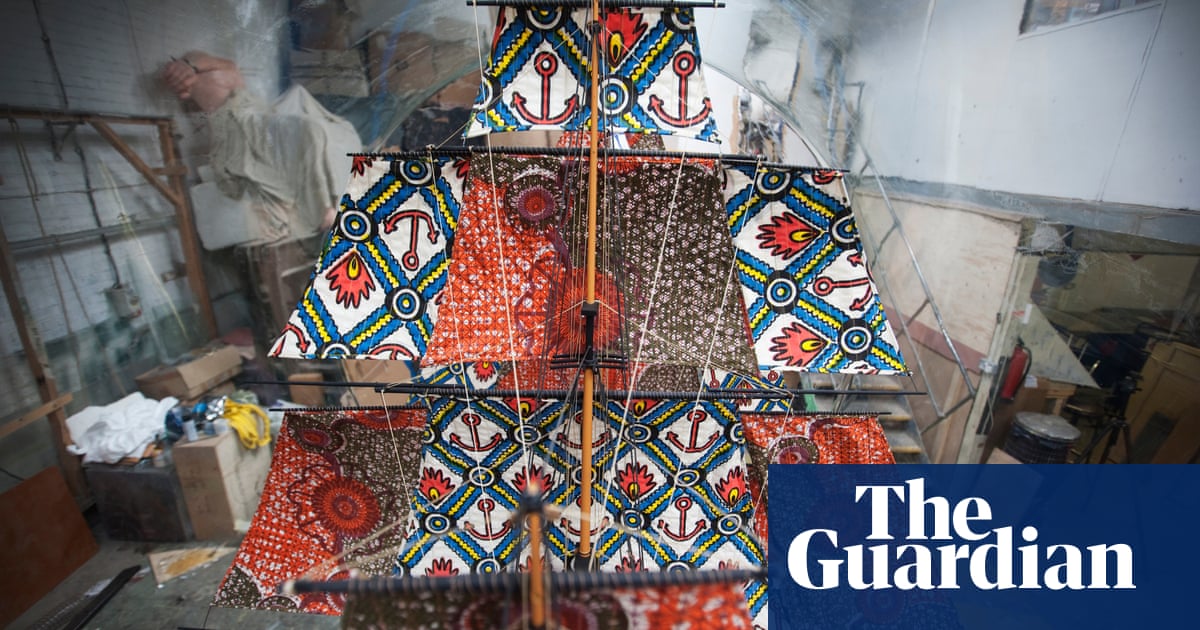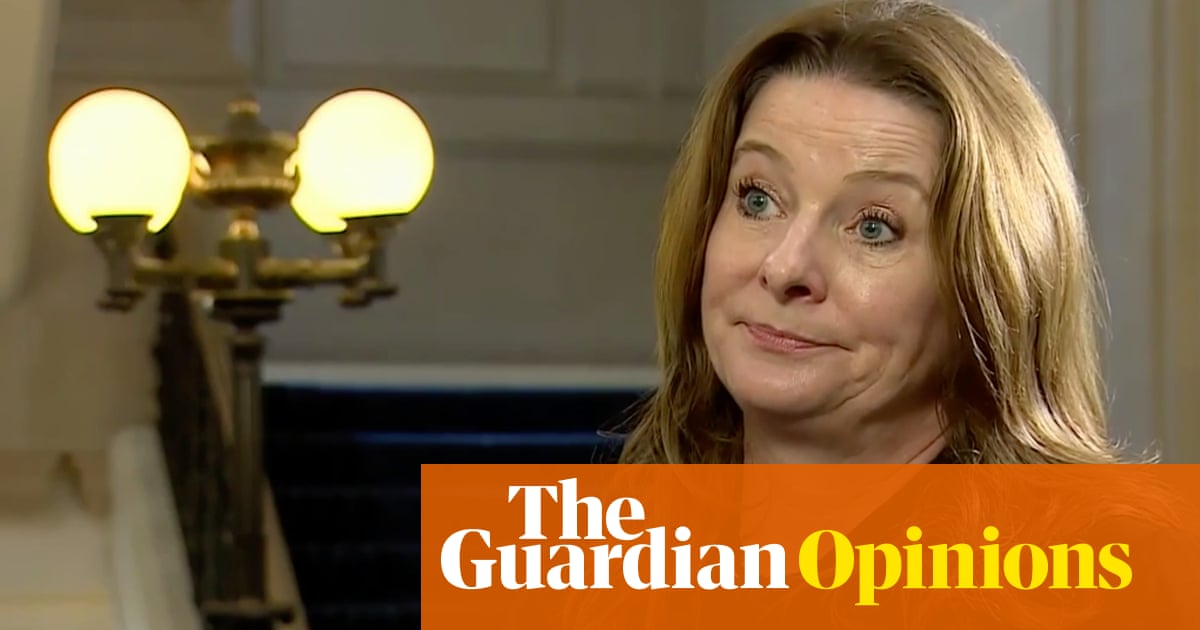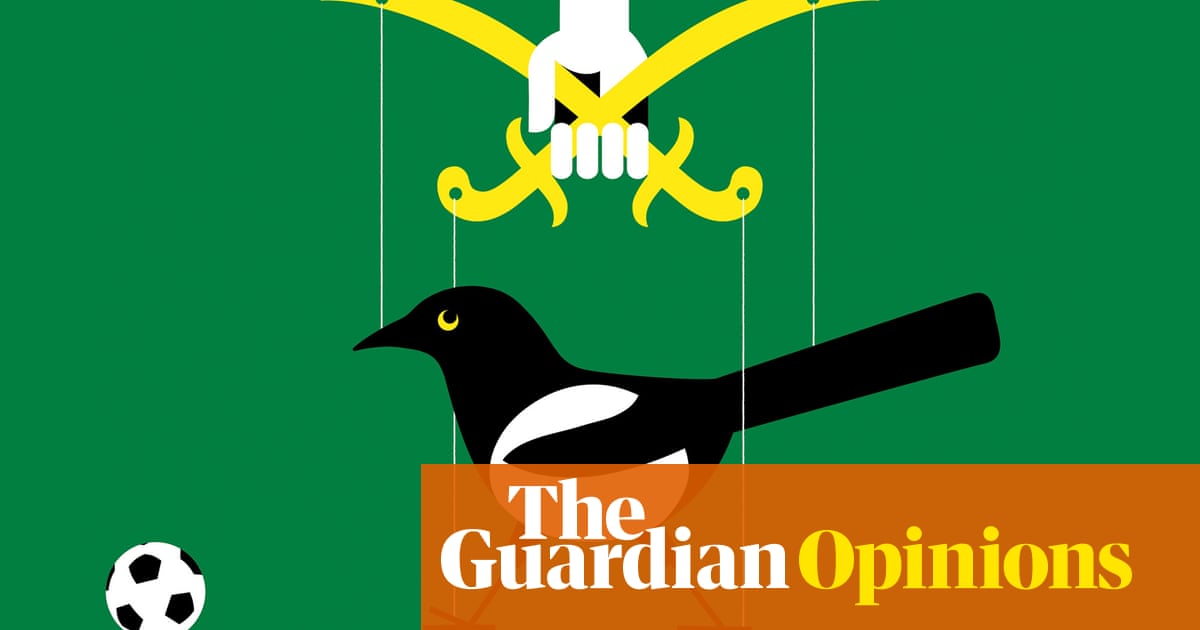
Director Carrie Cracknell described one day in rehearsals with you as an “almost spiritual experience”. How would you define your collaborative relationship?
We first worked together on Medea in 2014. We took Ben Power’s new adaptation and delivered an all-singing, all-dancing production of a Greek tragedy set in the 20th century on to the massive Olivier stage in six weeks. So ours was a collaboration formed in the furnace. We worked together at breakneck speed. So when we came to work on The Deep Blue Sea, the task seemed much simpler.
I hope I speak for Carrie, too, when I say we now have an implicit trust and respect for each other. Carrie possesses a rare quality that all the best directors have: no ego. The best solution in the rehearsal room is used, she has no concern who it belongs to, just that the play is served. She encourages everyone to trust their instincts and never attempts to dominate but quietly edits, taking ideas and losing others. The Deep Blue Sea was one of the most profoundly happy experiences I have ever had in a rehearsal room. She has a gentleness and non-judgmental quality that make you feel you could do anything. I hope we have the opportunity to do it again.
How does this production upend expectations about how Rattigan is done?
Carrie definitely threw the dust sheets off how Rattigan should be produced. First, she worked with Tom Scutt, designing the inside of a postwar London boarding house as an open set, a skeleton of a building where each sound was amplified, where the tenants all heard each others’ footsteps, arguments and secrets. All washed through with the colours of a deep blue sea. I then played most of the performance in my slip and dressing gown. I wanted to feel that this world was a woman’s private space, constantly invaded by others and a woman whose sexuality had driven her to a very dark place. Lighting and sound design were then used to create the outside world that broke into the interiors in a sharp, discordant way. The result was almost expressionistic.
Rattigan’s writing can be incredibly subtle and full of subtext. Is there a specific line or moment that you think encapsulates your character Hester’s position?
“When you’re caught between the devil and the deep blue sea, the deep blue sea can seem terribly inviting.” It could have been written by Tennessee Williams and some nights I played Hester with that heady sensuality that Williams’s characters can possess. In the NT Live recording we started 15 minutes late so I remember having a brusque, brittle quality that lying under a blanket backstage in the dark and cold can give you! But it’s valid, she has many qualities and different ones dominated on different nights. That’s the fun of live performance – it really can change radically from night to night.
Hester is desperate. How important have the arts been in raising awareness of mental health issues, both in the 50s and now?
Hester is suicidal, something that Rattigan understood implicitly as the play is based on his own experience of losing his lover of 10 years to suicide by gas poisoning. The entire play can be seen as a love letter to him, asking him at the end of the play not to succumb to the deep blue sea but to live. It has a poignancy and heartache throughout, on one hand understanding the fragility, anger and shame that can drive someone to the brink of suicide but on the other asking that sometimes you have to put one foot in front of another and keep walking on even when you feel no sense of hope or purpose because you mustn’t give up. It has a beautiful wisdom and simplicity. I don’t think I’ve ever heard the term “mental health issues” in a rehearsal room. Actors tend to see all reactions as part of the human experience. We don’t say this is normal, this is not normal, as a social worker or a psychiatrist might because the actor must always empathise with the character in order to portray them and everything is encompassed within that. Perhaps that attitude destigmatises human behaviour and helps an audience to question why someone might be behaving in a certain way, rather than are they “right” or “wrong” to do so. Because change can only be brought about through understanding.
You can almost smell the damp and the cigarette smoke in the production, partly thanks to Tom Scutt’s green-tinged set. Did that mood, and Hester’s troubled character, affect your life off stage?
Once the curtain’s down and I’m out of the shower, that’s Hester gone. If you’re ever looking for a fun crowd after a show, find a company that’s just done an emotional performance. All we want to do is laugh, dance and be merry. It’s that comedy lot you want to avoid ...
Very early in your career you had a lead role at the National in Trelawny of the ‘Wells’. What are your memories of that time?
They are very, very happy and very, very vague. I remember I played footie in my obligatory Doc Martens (well it was the early 90s) with the stage crew before the show as my warm-up. I had the most incredible ball gowns that we got me into in 47 seconds (my quick change between act one and act two used to get its own round of applause, I was thrilled). I remember working with the great Michael Bryant, whose ashes now lie under the stage at the National. (I’m not sure if that’s true or just an urban myth, but I always say hello to him every night before I warm up.) And I vividly remember enthusiastically congratulating a young director in the bar one night after the show, on his great achievement of directing at the National. It turned out the young director was Richard Eyre, head of the National and my boss. He was completely charming and didn’t say anything so as not to embarrass me. Happy days.
You set up a scheme to feed the NHS at the start of the pandemic – what are your current plans for the scheme and how has it gone?
FeedNHS joined up with MealForce and BaxterStorey and was, at its peak, feeding 45,000 meals a day to over 100 hospitals across the nation. We have wound down now, but I would like to take this opportunity to thank everyone who donated and also to say despite having to design websites (like having teeth pulled), spending days on calls which all began by screaming “Can you hear me?!” before losing connection as wifi dropped out again, learning that the NHS is a series of trusts all of whom must be contacted independently, Damian (Lewis, McCrory’s husband), John Vincent (head of Leon) and I met the most inspirational philanthropists, hard-working NHS staff, altruistic chefs, kind and selfless delivery people and a wealth of good-hearted people. It was a wonderful experience.












